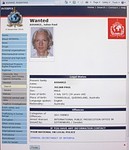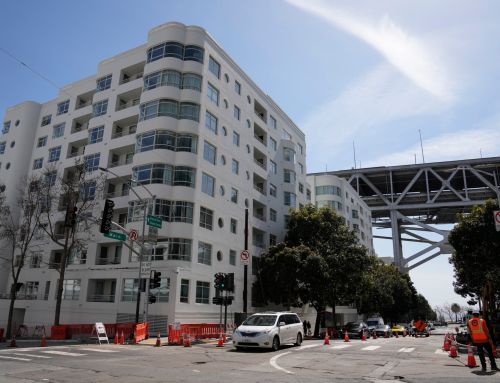Over the last few days Wikileaks’ founder Julian Assange has been in the news again.
Assange has been hiding out in the Ecuador Embassy in London and that country finally granted him asylum yesterday. The UK and Swedish governments are not too happy about Assange’s new status (understatement!)
Interpol have also confirmed that Assange is still on their “wanted” list. Their “Red Notice” from November 2010 is still valid. Interestingly the “Red Notice” is not a binding obligation to arrest a suspect:
A Red Notice status is a request for any country to identify or locate an individual with a view to their provisional arrest and extradition in accordance with the country’s national laws.
Many of INTERPOL’s member countries consider a Red Notice a valid request for provisional arrest, especially if they are linked to the requesting country via a bilateral extradition treaty. In cases where arrests are made based on a Red Notice, these are made by national police officials in INTERPOL member countries.
INTERPOL cannot compel any of its 190 member countries to arrest the subject of a Red Notice. Any individual wanted for arrest should be considered innocent until proven guilty.
Related articles
- Julian Assange case: stay patient and do the right thing | Editorial (guardian.co.uk)
- Julian Assange: Ecuador asylum decision criticised – BBC News (bbc.co.uk)
- Assange Faces Long Stay in Ecuador’s EmbassyAssange Faces Long Stay in Ecuador’s Embassy in London (nytimes.com)
- Ecuador grants asylum to WikiLeaks founder Assange (news.blogs.cnn.com)
- Ecuador may turn to ICC over Assange (english.ruvr.ru)
- After this, Julian Assange has very few friends left in Sweden | Karin Olsson (guardian.co.uk)
- Ecuador Grants Asylum to Assange, Defying Britain – New York Times (nytimes.com)








Interpol Confirm Assange Still On Wanted List http://t.co/YDANOyZn
Interpol Confirm Assange Still On Wanted List http://t.co/YnU9dSkO
David Kirwan liked this on Facebook.